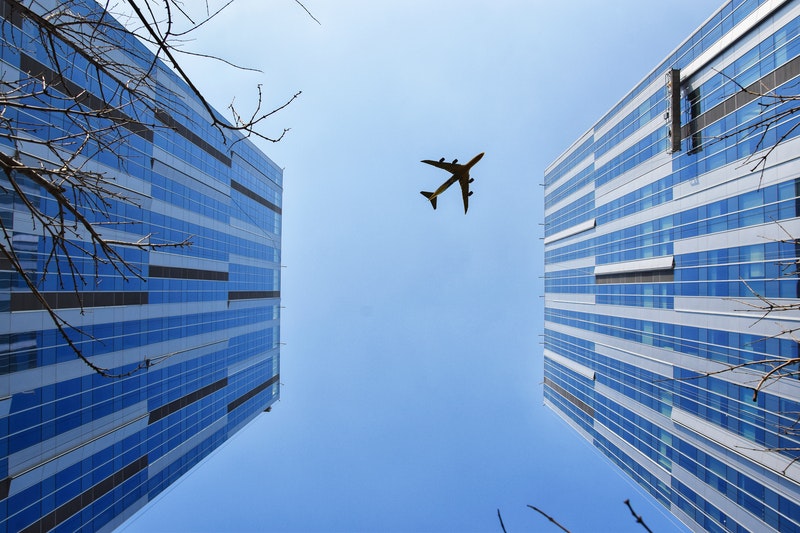Fight jet lag this summer

Nothing is quite as frustrating as arriving at your fabulous summer holiday destination and having to put up with sleep disruption, tiredness and even nausea brought on by jet lag. If you regularly travel long distances and cross several time zones you will know what I mean.
Jet lag is caused when the body struggles to adjust to the new time zone. We have an internal biological clock that regulates daily routine; the circadian rhythm. When we travel across multiple time zones (usually more than 3) it can be disrupted, leaving the circadian rhythm out of sync and ultimately making us feel pretty awful!
The degree of suffering will vary from person to person, but common Jet lag symptoms include:
- Indigestion, constipation or diarrhoea
- Headaches, nausea and loss of appetite
- Anxiety and irritability
- Feelings of disorientation, lethargy and light-headedness
- Feeling confused
- Difficulty concentrating and clumsiness
- Sweating
Funnily enough jet lag is more common when travelling east opposed to travelling west as travelling east means adjusting to a shorter day rather than having a longer day. The risk of developing jet lag can also be increased or exacerbated by:
- Dehydration
- Drinking alcohol or caffeine during a long flight
- Sleep deprivation
- Stress
- Being over 60 years of age.
There are several things you can do which will help reduce the effects of jet lag including medicines to lifestyle techniques, all designed to help your body’s circadian rhythm adjust to the new time zone.
Medication includes melatonin (a hormone released by the body to let the brain know it’s time for sleep), and circadin which help adjusts the body’s circadian rhythm to that of the new time zone. Taking regular sleeping pills is not advisable as you can end up with a ‘handover’ in the morning, making you feel worse!
If you prefer to avoid medication then try to avoid napping on arrival to make sure you remain active until you reach the correct time for sleep in your new time zone. You can also spend some time outdoors where the exposure to natural light will help to reset your internal body clock and adjust to the new time zone. Finally, make sure you eat at the new time zone’s times to get your gut on track!
Do you have any great jet lag cures?






